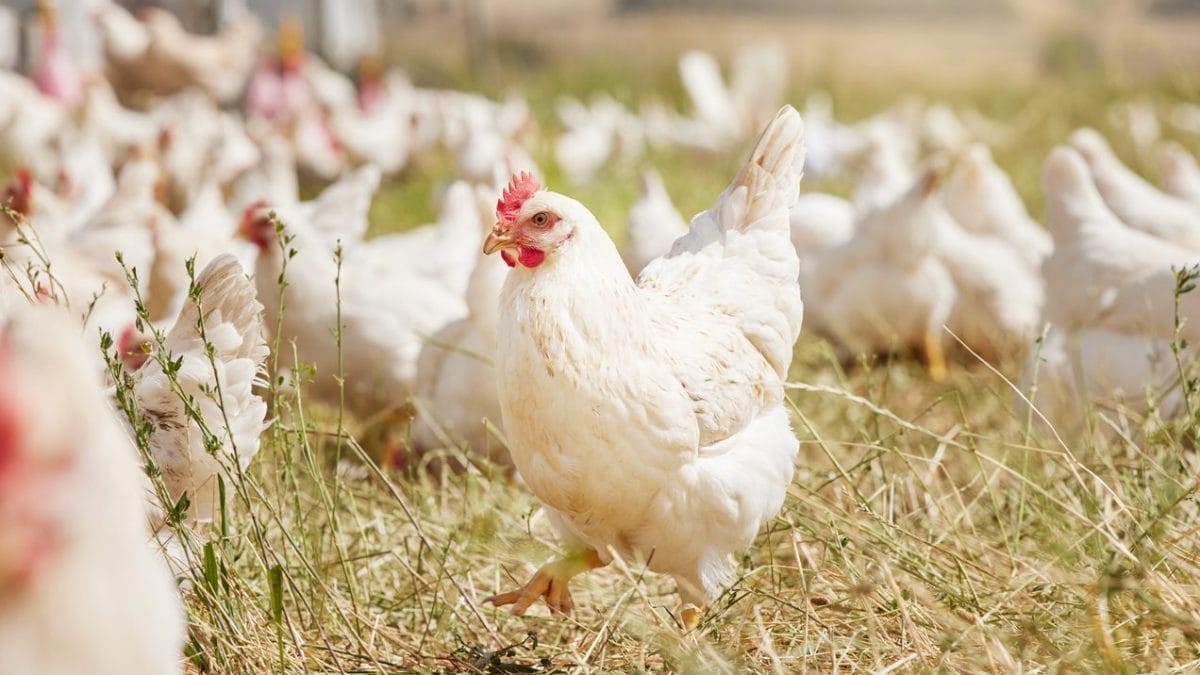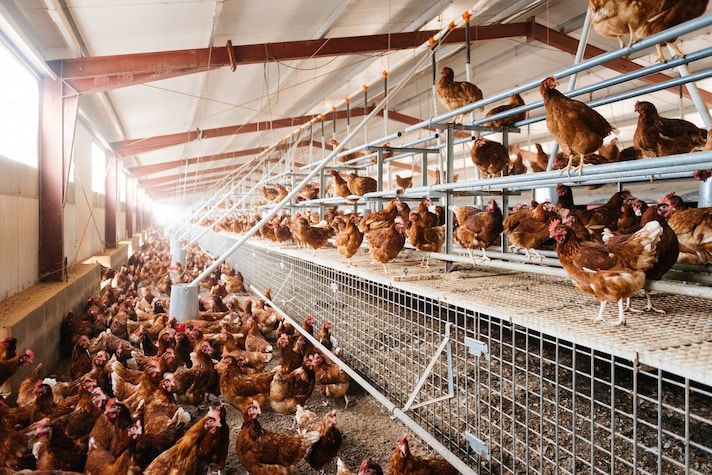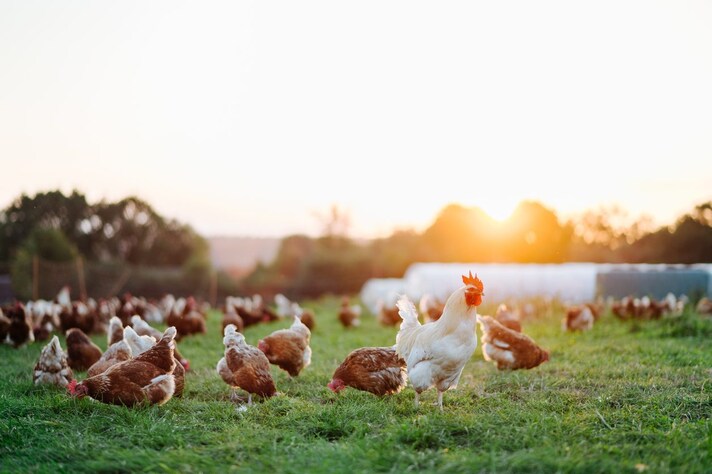
A historic milestone achieved by Sweden in recent days. The Scandinavian country will be the first in the world to eliminate cage farming of laying hens spontaneously, that is, without a law that obliges producers. It has succeeded in all this not thanks to an explicit law but thanks to years of battle and commitment by organizations such as Project 1882. These companies have worked tirelessly to raise public awareness and collaborate with companies and institutions.
So Much Determination to Reach The Finish Line
We have talked about the good news from Sweden but let's see the path that has been taken to achieve this hoped-for goal. Let's take a step back to 37 years ago, in 1988, when the entire Swedish Parliament voted to ban cage farming. The forecast included a legislative transition period that would last more or less ten years. The first nation in the world to ban cage farming of laying hens was Switzerland, which introduced the ban as early as 1992.
However, the law was later amended and instead of taking a step forward, it took a step backwards. Because cages came back into fashion and, this time, only the so-called battery cages were eliminated: that is, very narrow cages in which the hens did not even have space to move or open their wings. The Scandinavian law proposed enriched cages in their place: cages that had small nests inside for laying eggs and more space, several perches where the hens could perch and rest and a litter tray for scratching around.

Despite this, many hens continued to live in restrictive conditions. This is the goal that led to the creation of Project 1882. Founded in 2008, it is a company that has taken an innovative approach: instead of lobbying institutions for more laws, it has worked directly with companies, supermarkets and wholesalers to gradually eliminate eggs from caged hens. Several national and international chains have joined the initiative launched by the Swedish organization: Coop, Willys, Lidl, Netto, City Gross and many others. By 2025, over 85 companies had already made official commitments to remove eggs from hens raised in inhumane conditions from their shelves.
An Example to Follow Throughout Europe
According to the latest statistics, in 2024 the percentage of hens raised in cages in Sweden was less than 1%: over 90 thousand birds were saved from a life of total confinement. In 2025, Project 1882 confirmed through its web portal that every cage in the Scandinavian country was empty. All this means the end of cage farming in Sweden. At the European level, the European Commission has promised a legislative proposal to ban cages by 2026 in response to the citizens' initiative "End the cage age", which did not only concern hens but also cage farming for any other type of animal.

In the United States, the shift toward cage-free systems for laying hens is progressing, with around 42.1% of hens now housed outside of cages. Public support for cage-free eggs is strong, with many consumers willing to pay more for ethically produced products. Legislative efforts, such as California’s Proposition 12 and Massachusetts’ similar law, have mandated cage-free standards for eggs sold within their borders. While the transition poses challenges due to costs and supply disruptions like avian flu, advocacy groups such as The Humane League continue pushing for industry-wide reform.
;Resize,width=767;)
